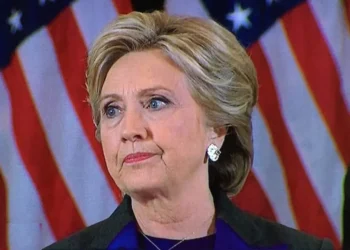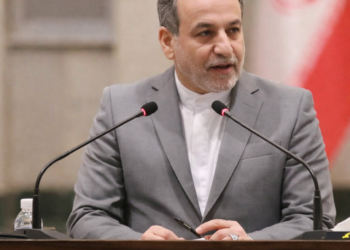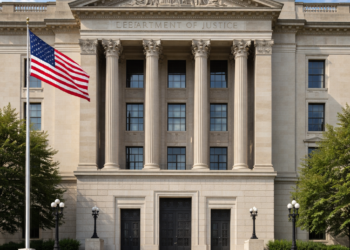Like it or hate it, the dismissal of Luigi Mangione’s terrorism charges by a New York state judge is the correct application of a law that has turned into a political football. Despite the highly charged rhetoric surrounding the assassination of UnitedHealthcare CEO Brian Thompson, Judge Gregory Carro’s ruling shows the fundamental principle of American jurisprudence: a law passed to prevent large-scale acts of terror cannot be stretched to fit a single, albeit sensational, act of political violence.
The decision forces us to confront the difference between a tragic murder driven by a personal ideology and a true act of terrorism intended to coerce the government.

New York’s terrorism law was crafted in the crucible of 9/11 to target acts meant to “intimidate or coerce a civilian population” or “influence the policy of a unit of government by intimidation.” The prosecution’s argument, that Mangione’s writings showed a desire to bring about “revolutionary change to the healthcare industry,” simply did not meet this high bar.
Interestingly, while very popular, Luigi Mangione murder case didn’t involve demands on the government or a widespread campaign of fear. While his actions were shocking and politically motivated, they did not fit the legal definition of terrorism. Judge Carro’s ruling rightly holds the line, preventing the law from being so broad that it could be applied to any ideologically motivated crime.
Take note tho, the dismissal of the terrorism charges does not mean Mangione goes free. He still faces state and federal murder charges, with the federal murder charges against Mangione potentially carrying the death penalty. But this case presents an opportunity for a wider solution.
















